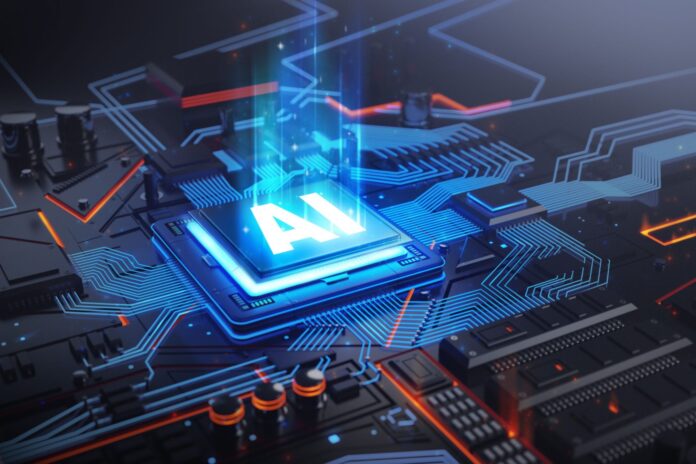Artificial intelligence (AI) is rapidly becoming a part of our everyday lives. From playing music to driving cars, AI is quickly becoming a part of how we interact with the world around us. AI has moved out of academia and into the real business world as organizations, from online-based-only services to fast-moving consumer goods companies, explore its potential. With the advancements in AI technology, it is important to stay informed of the potential implications in the coming years.
More advances in natural language processing, computer vision, and machine learning are likely. These advancements will allow AI to better understand and process information, allowing it to make better decisions.
AI in Everyday Life
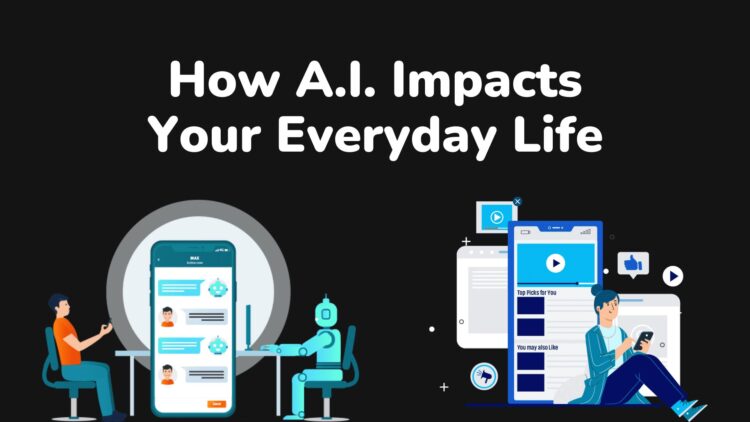
AI has a big effect on our lives. It helps us be more accurate and efficient in our daily tasks and gives us new insights into how businesses work and customers act. One of the most common uses of AI is to automate mundane tasks. For example, you might use AI to help you with your taxes or find the best price for items online. This can save you time and money while also enabling you to focus on more important things in your life.
AI has also been used in manufacturing and agriculture, where it has had a big effect on how work gets done and how productive people are. By automating tasks or processes that are done often, a business can increase output and efficiency while cutting costs. In addition, by providing new insights into business operations and customer behaviour, AI has the potential to help entrepreneurs reduce poverty by providing them with low start-up capital.
Last but not least, we’re seeing a rise in applications that rely heavily on personalization, from our online experiences to our transportation solutions. With services like personal transportation tailored specifically for each rider’s needs, it’s clear that personalization is here to stay.
There will almost certainly be more advancements in natural language processing, computer vision, and machine learning. AI will be able to better understand and process information as a result of these advancements, allowing it to make better decisions.
Customer Service Processes
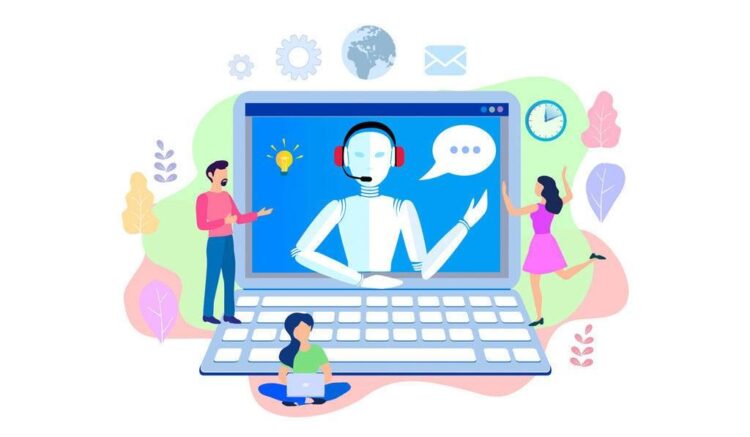
Artificial intelligence is linked to the constant development of most of the services of the last decade. Whether it is for simple applications such as selecting different options to transfer an application, to solving problems related to online products and services.
Taking this into account, we understand that the amount of information processed by artificial intelligence allows it to learn from the selections and patterns of information to make decisions that would otherwise require a person to complete.
This can be seen in all branches of any industry. For example, online casinos in Ontario are recognized for providing support based on artificial intelligence, where the system processes the requirements presented by its users “LIVE” in order to provide solutions to requests for daily promotions, information updates balance, processing deposits and withdrawals, including making decisions regarding exceptions based on account information. This is essential for the casino as it helps to optimize the response times necessary for a more specialized and expeditious service for its users.
Another example of this is the way in which these casinos process the registrations of new users on their platform, assigning special profiles depending on the needs and characteristics of each user individually, taking into account everything from available deposit methods to restrictions on products by geo-location and other details that help streamline processes.
Industry Impact of AI Development
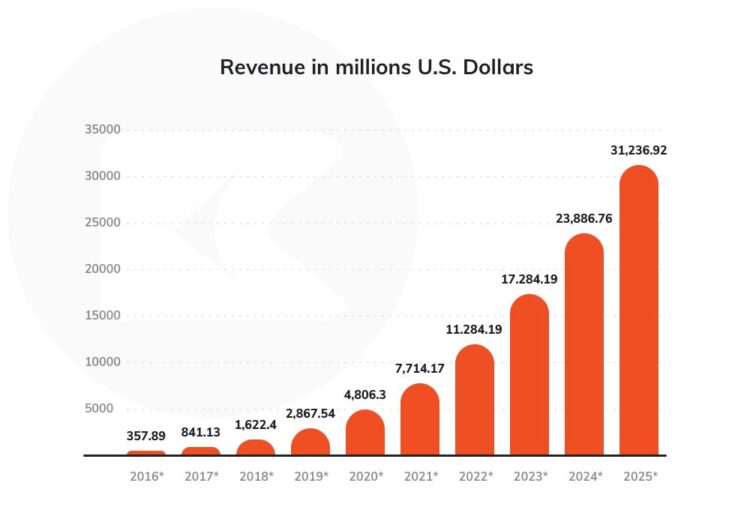
Industrial automation is a key part of the future, and it’s no surprise that AI has been central to the development of this technology. AI can help improve efficiency and production in the global industry, which has huge benefits for both businesses and employees. For example, industrial automation can help reduce human error, which leads to costly mistakes and injuries. It can also increase safety measures by automating tasks currently done manually.
One of the most exciting potential applications of AI in an industrial setting is its ability to create new products and services. For example, imagine a factory that automatically designs new products using data from past sales transactions. This would allow companies to expand their product line without adding additional staff or spending money on R&D. Additionally, AI has the potential to develop new products on its own, something that would be impossible for human beings alone. This could lead to major advances in medical care and other fields where innovative solutions are needed quickly.
However, there are also risks associated with developing AI technologies, mainly job loss, as these technologies become more widespread in industrial settings. For development to take place safely and responsibly, we need to cultivate an AI research and development talent pool and ensure that risks are properly addressed before they become a reality. At present, there are many opportunities for businesses that are willing to explore these possibilities.
Trends and Predictions for AI in 2024
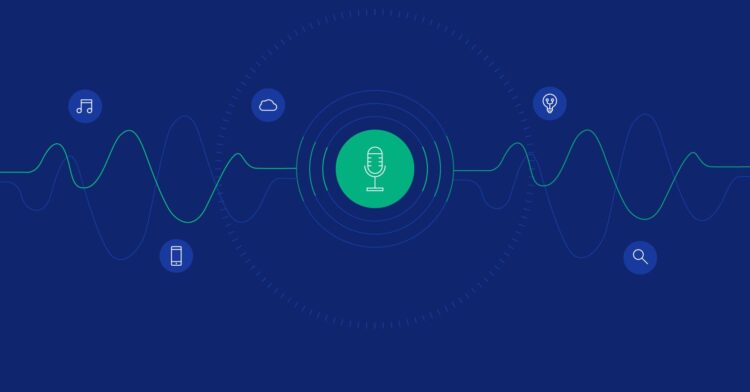
As AI continues to evolve and gain in popularity, so too will the ways in which it can be used in the workplace. First and foremost, we’re seeing increasing levels of automation across many different industries. This is thanks to advances in AI technology and the increasing demand for AI-powered products and services. As a result, jobs that are currently done by humans may soon be replaced by machines.
Another major trend that we’re seeing is an increase in the use of machine learning models. These models automatically learn from data sets and then make decisions based on that information. They’re becoming increasingly important in areas such as healthcare and medical research, where they can help doctors make better diagnoses more quickly.
One area where AI has a growing impact is voice-controlled interfaces. With these interfaces, you can use your voice to control various aspects of your digital life, from setting alarms to controlling your home appliances via Siri or Amazon Echo. This technology is already being adopted by many people in the workplace, where it’s used for tasks such as taking notes or issuing commands to robots performing maintenance tasks.
As autonomous vehicles continue their development over the next few years, we expect them to become an even more important part of our everyday lives. Not only will they improve safety on our roadways, but they’ll also open up new opportunities for businesses such as trucking companies or ride-sharing services. There’s also a growing expectation that self-driving cars will eventually be able to handle most all aspects of transportation on our roads, including driving during rush hour.
To Sum Up
Advancements in AI have the potential to revolutionize many aspects of our lives. From automating mundane tasks to helping us reduce energy consumption and combat climate change, AI can be a powerful tool for improving our daily lives. We have discussed some of the key trends and predictions for AI in 2024. AI will continue to be an important part of our future, so we need to stay informed about its potential implications.
The time appears to be right to decide what role this increasingly intelligent technology will play in society and humanity in the future. As AI pushes the boundaries of what is possible in the world, redefining everything from work to war, it is also forcing humanity to examine what it means to be cognitive and creative.

